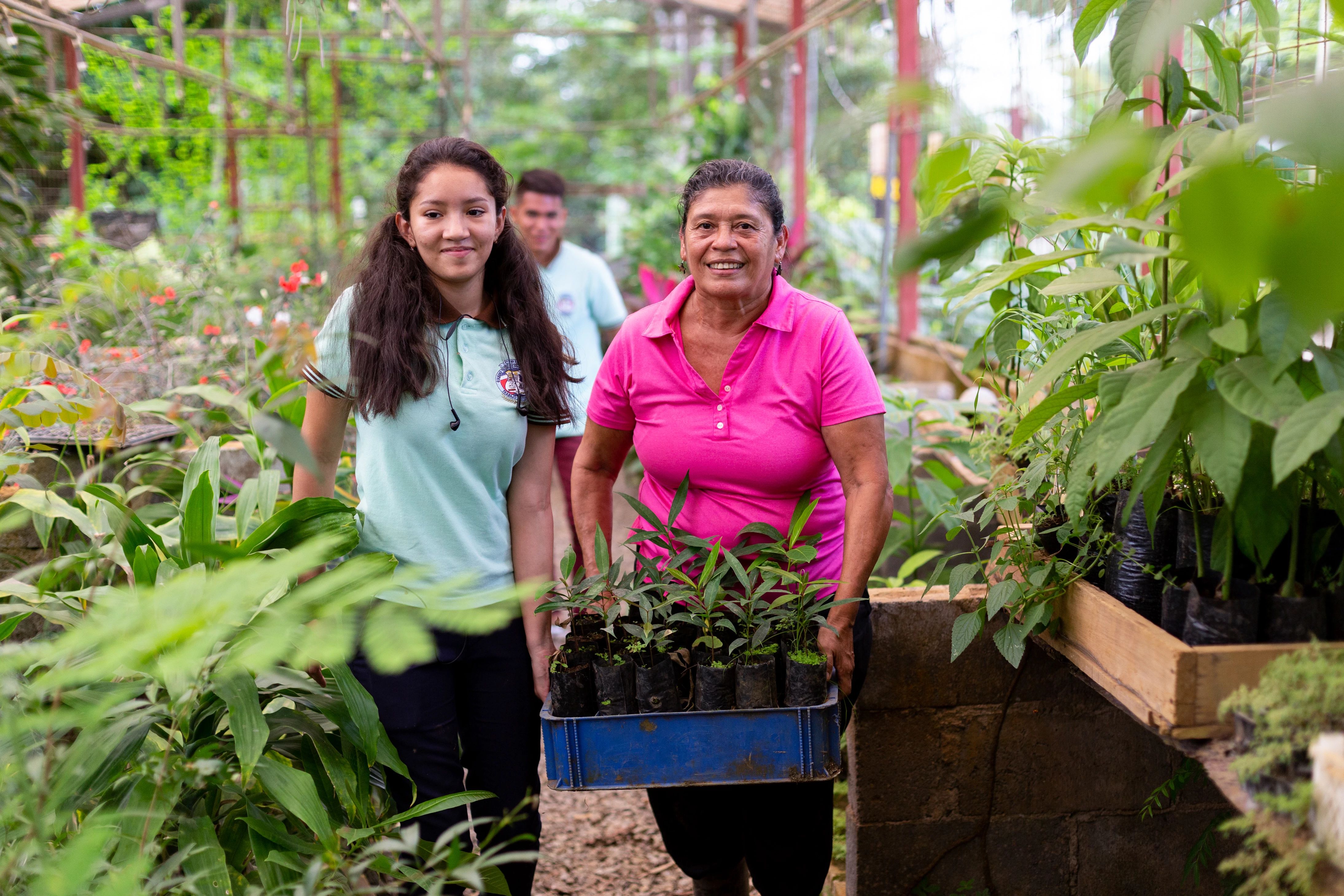
BIOFIN methodology has seen over $1Bn catalyzed so far across 40 countries in finance solutions that span solutions from crowdfunding to green bonds.
22 October 2024, Cali, Colombia - Countries aiming to strengthen protections for biodiversity should identify and phase out subsidies that are harmful to nature, states UNDP report. The United Nations Development Programme (UNDP) introduced new support to countries aiming to better protect biodiversity and review public spending to reduce their harmful impacts on nature.
The BIOFIN Workbook 2024, launched on the sidelines of the CBD COP16 currently underway in Colombia, offers a practical roadmap for countries to tap into the additional financing needed for expanded protections for biodiversity. It aims to support 130 countries where UNDP is working with governments on biodiversity finance plans.
The world faces a $700 billion annual gap in financing for biodiversity. Bridging this gap is essential to safeguarding the health of the planet, as it directly impacts climate stability, food security, and the well-being of societies worldwide.
Yet every year, subsidies potentially harmful to biodiversity, exceed a trillion dollar globally, according to data cited in UNDP’s The Nature of Subsidies report, to be applied in tandem with the Workbook.
The new methodology outlines critical areas for action: identifying harmful subsidies, redesigning them to minimize negative impacts on nature, and creating National Action Plans to ensures that public spending supports nature-positive outcomes and Sustainable Development Goals (SDGs). Such subsidy reviews could lead to significant fiscal savings for countries and potentially cover some of the costs associated with biodiversity protections.
"Biodiversity loss, climate instability, and land degradation are intertwined crises, and the solutions involve shifting public and private financial flows away from investments that damage nature towards nature-positive economic policies," said Marcos Neto, Assistant Secretary General, and Director of the Bureau for Policy and Programme Support at UNDP.
"A nature-positive economy is essential to securing a sustainable future, where economic growth and environmental protection go hand in hand. By investing in nature and transforming our economic systems, we can create jobs, enhance livelihoods, and build resilience while safeguarding the biodiversity that supports all life," said Mr Neto.
A key update to the BIOFIN methodology is an expanded role for the private sector in disclosing nature impacts and dependencies and supporting ‘nature positive’ investments that will allow countries to mobilize new funding sources for biodiversity while businesses benefit from the economic opportunities that investing in nature could unlock.
The Workbook is a tested methodology developed and applied by UNDP’s Biodiversity Finance Initiative (BIOFIN)– which has helped catalyze over US $1Bn in financing for nature across 41 countries since 2018. UNDP-BIOFIN is currently supporting 23 countries in screening and greening harmful subsidies, with Colombia, Thailand and the Philippines leading the way.
The calls for action have come amid alarming new data from the World Wildlife Fund (WWF) and the Zoological Society of London, which reveals that wildlife populations have declined by an average of 73 percent over the past half-century.
The Living Planet Index shows particularly steep declines in freshwater species, which fell by 85 percent between 1970 and 2020, while terrestrial and marine populations have decreased by 69 percent and 56 percent, respectively.
###
About BIOFIN
For more information on The BIOFIN Workbook 2024, The Nature of Subsidies, and UNDP BIOFIN's initiatives, please visit [www.biofin.org].
About UNDP
UNDP works in 170 countries and territories to eradicate poverty while protecting the planet. UNDP helps countries develop strong policies, skills, partnerships, and institutions so they can sustain their progress. More information is available at: www.undp.org.
For more information and media inquiries, please contact:
Mahtab Haider, Communication Specialist, UNDP's Biodiversity Finance Initiative, mahtab.haider@undp.org
Categories
Archives
- June 2024 (3)
- May 2024 (6)
- April 2024 (5)
- March 2024 (3)
- February 2024 (6)
- January 2024 (3)
- December 2023 (1)
- November 2023 (7)
- October 2023 (5)
- September 2023 (2)